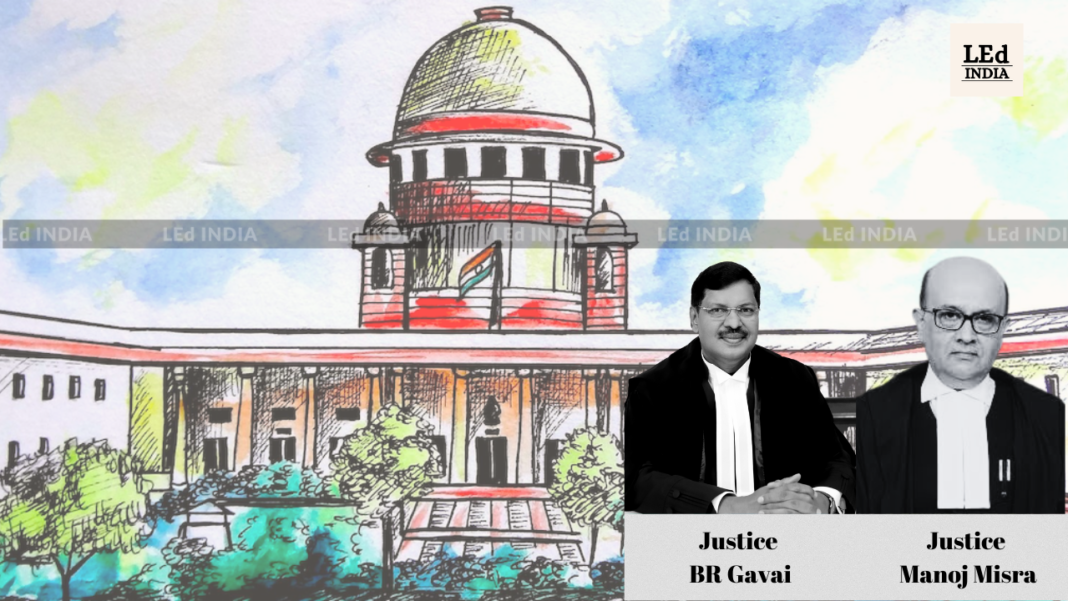In a recent case, the Supreme Court highlighted the dual role of judges in ensuring justice for both the guilty and the innocent. The prosecution isn’t required to provide impossible evidence, but relevant evidence. The accused, Wazir Khan, was convicted of stabbing his wife based on witnesses and documents. Despite his acquittal by the trial court, the High Court later found him guilty. This case underscores the balance in criminal trials, protecting rights while ensuring accountability. Legal experts praised the ruling for clarifying justice principles. The ruling’s impact extends to fair evidence evaluation by judges and reevaluating prosecution responsibilities for a balanced approach.
While upholding the conviction of a man accused of killing his wife, the Supreme Court remarked that judges also preside to ensure that a guilty man does not escape.
The prosecution is not required by law to present evidence of this nature, which is nearly impossible to present or, at the very least, exceedingly challenging to present. Given the facts and circumstances, it is the prosecution’s responsibility to present all relevant evidence.
The accused, Wazir Khan, is accused of killing his wife by stabbing her repeatedly throughout her body. About ten witnesses were questioned by the prosecution, and they also presented documented evidence to back their claims. According to the accused’s statement recorded under Section 313 of the Criminal Procedure Code, the robbers killed his wife on the day of the occurrence, and they also injured him. The trial court exonerated him of all charges after finding that the prosecution had not proven its case beyond a reasonable doubt. Later, the Uttarakhand High Court overturned these conclusions and found the defendant guilty after granting the State’s appeal.
This landmark ruling elucidates the delicate balance that must be maintained in criminal trials. On one hand, it reinforces the imperative of ensuring that no innocent individual is wrongfully convicted, safeguarding the rights and dignity of every accused person. On the other hand, it highlights the pressing need to ensure that those who are truly guilty do not evade accountability, thereby upholding the faith of the society in the justice system.
Legal experts and scholars have lauded the Supreme Court’s ruling for its lucid articulation of the principles of justice, fairness, and equity. The verdict, they argue, underscores the importance of nuanced decision-making by judges and highlights the role of evidence presentation in the pursuit of truth.
This ruling is expected to have far-reaching implications on the conduct of criminal trials across the country. It reinforces the responsibility of judges to meticulously assess evidence, consider the gravity of the crime, and make well-informed decisions that uphold the principles of justice.
Furthermore, legal practitioners are likely to scrutinize the decision closely to ascertain its impact on the prosecution’s obligations in criminal trials. The ruling underscores the necessity for a balanced approach, where the prosecution is not unduly burdened with proving every element of a case but is expected to present evidence that is both reasonable and attainable.




